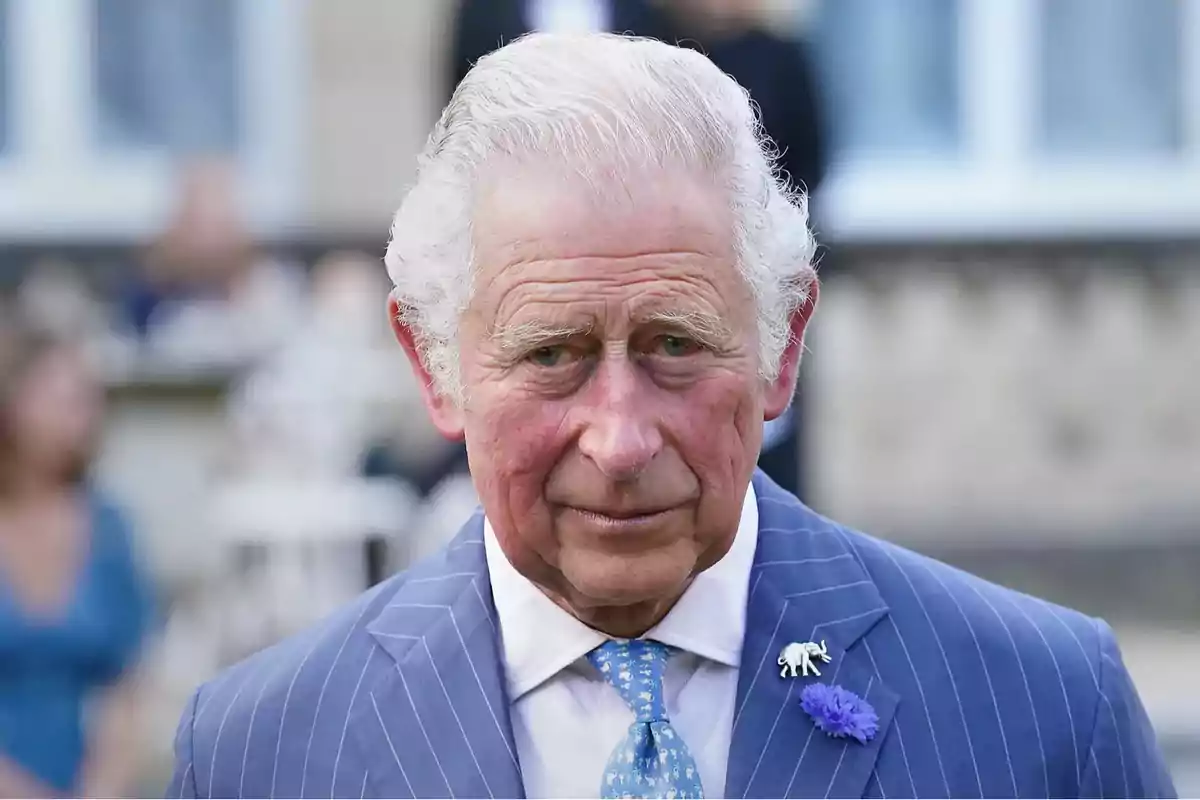
Why Annobón's request could be a trap due to the claim over the Falkland Islands
After the case of the African island of Annobón gained significant importance, a connection was discovered between the Africans' claims and the British crown
In recent days, the case of the island of Annobón, which belongs to Equatorial Guinea, has been a constant topic of conversation, following the fact that the Annobonese "prime minister" Orlando Cartagena Lagar has requested from the Republic of Argentina a kind of unification between their populations.
The case has gained more notoriety after through social media, he has gone much further and it has been treated as an intention on the part of the African population to be annexed by the Republic of Argentina.
The reality is that thousands of kilometers (miles) away, on the African continent, the remote island of Annobón has been subjected for a long time to inhumane socio-economic conditions by a communist dictatorship.
After having declared its independence (unilaterally and without recognition from other nations), the authorities of the island have made a peculiar claim to Argentina. They seek to become an associated state of the South American country, as well as to strengthen their ties after affirming similarities in the heritage of the Viceroyalty of the Río de la Plata.
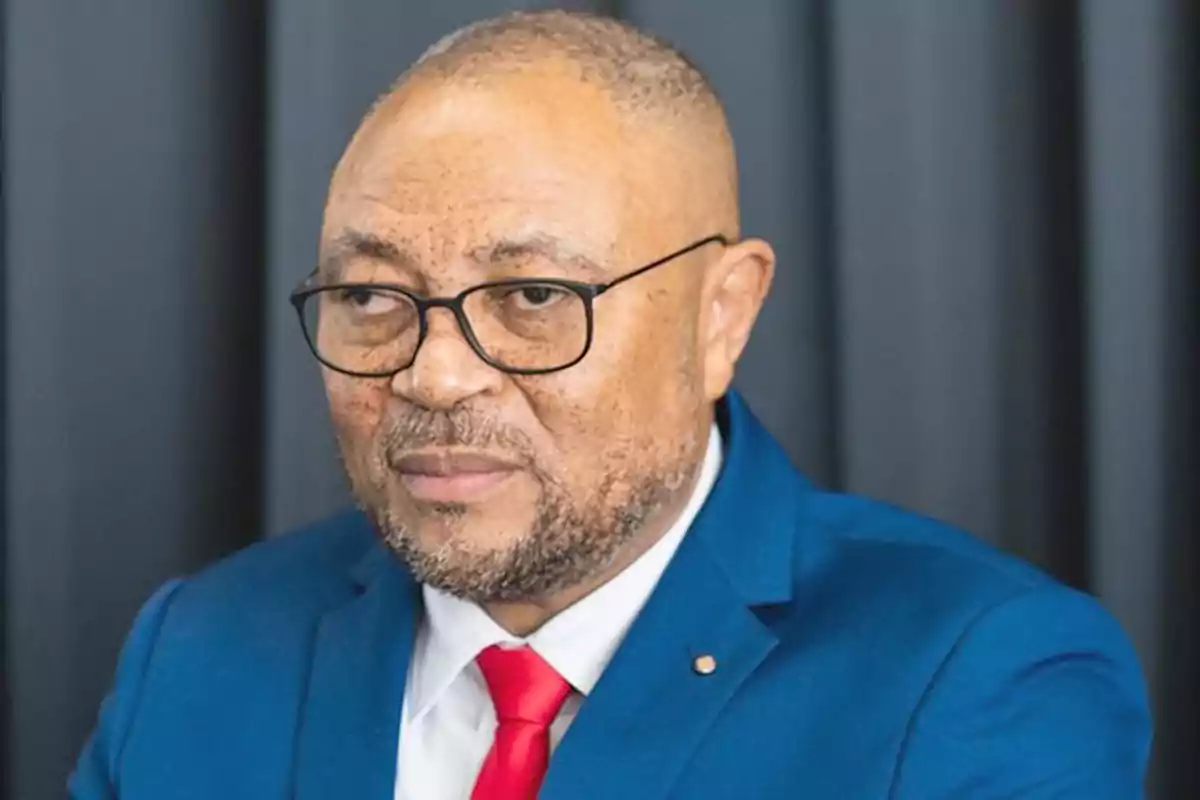
Why Annobón's request could be a trap regarding the Falkland Islands
However, the situation is not as simple as it might seem, since there are too many connections to the British claim over the Falkland Islands that could prove counterproductive for our country.
One of the clearest examples of this is the self-declaration of the island population as "People of Annobón". According to the rules of international law, for the existence of a people to be established, there must be a sovereign nation represented by that people, with due recognition.
The concept of people, being closely related to territoriality, is governed exclusively by the domestic law of each country. This leads different countries to have the power to recognize one or more peoples within their territory (as is the case of Bolivia).
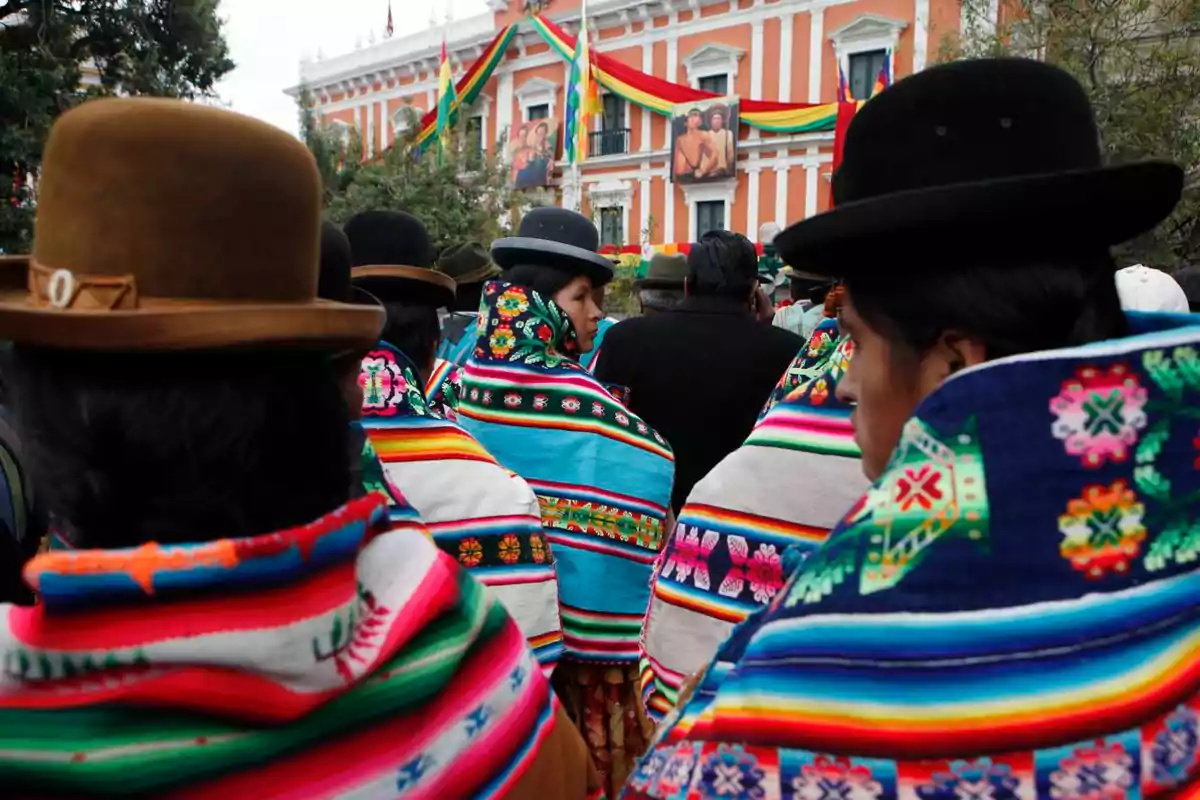
In the particular case of Equatorial Guinea, the country's own constitution, as well as the decolonization process promoted by the United Nations, establish the existence of only one people in the country.
According to the rules of international law, the recognition of Annobón as a people would directly collide with Argentina's claim to sovereignty over the Falkland Islands.
The possible ways for the population of Annobón to become a people would therefore be recognition by the domestic law of the communist regime of Equatorial Guinea or a constitutional referendum that recognizes the plurality of peoples.
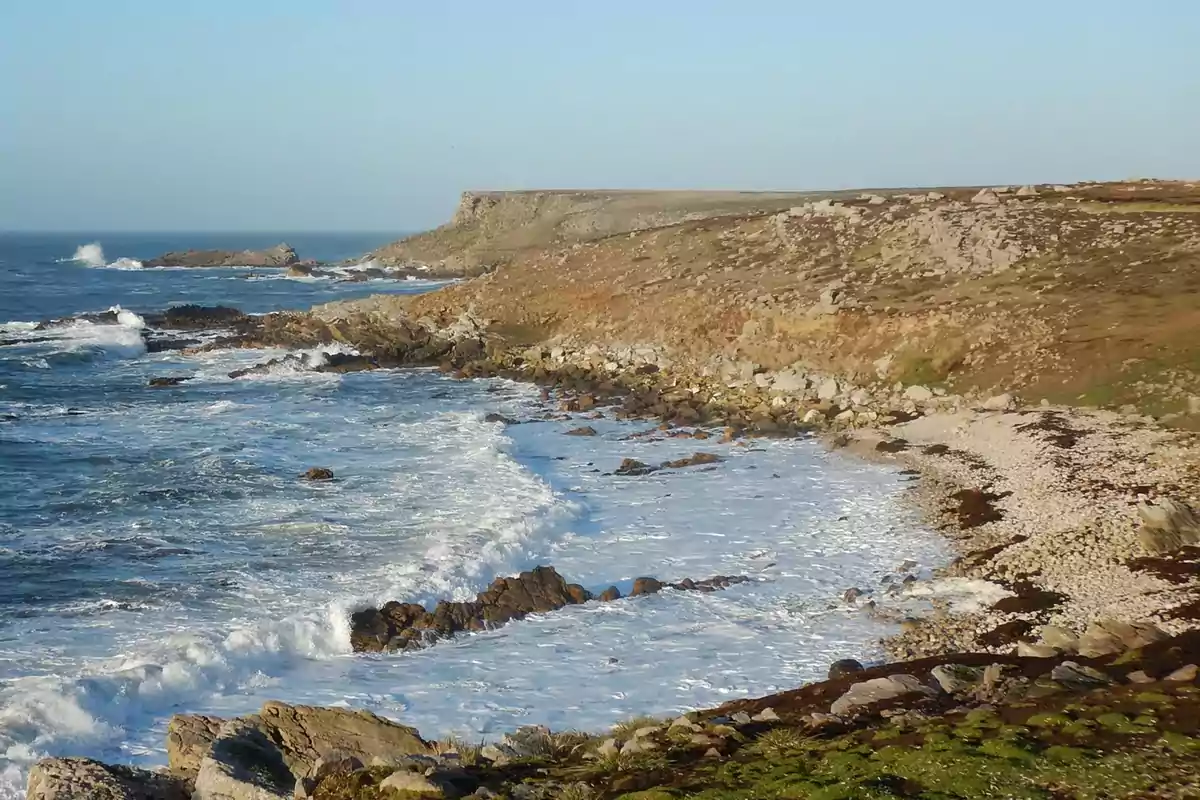
This pretext could be a factor that could be used by theUnited Kingdom to tilt the field in its favor in the diplomatic dispute over the Falkland Islands. If a population is recognized as a people (in this case, if Argentina recognizes the Annobonese "people"), it would also be recognizing the population of the islands inherited by Argentina as British.
Faced with the presence of the well-known "kelpers" in the Falklands, Argentina extends to them the status of English population, as they are an implanted and not indigenous population.
The same UN General Assembly that at one time recognized the decolonization process of New Guinea, in turn keeps the case of the Falklands on its decolonization agenda, in which it sides with the Republic of Argentina by denying the qualification of people to those who currently inhabit there.
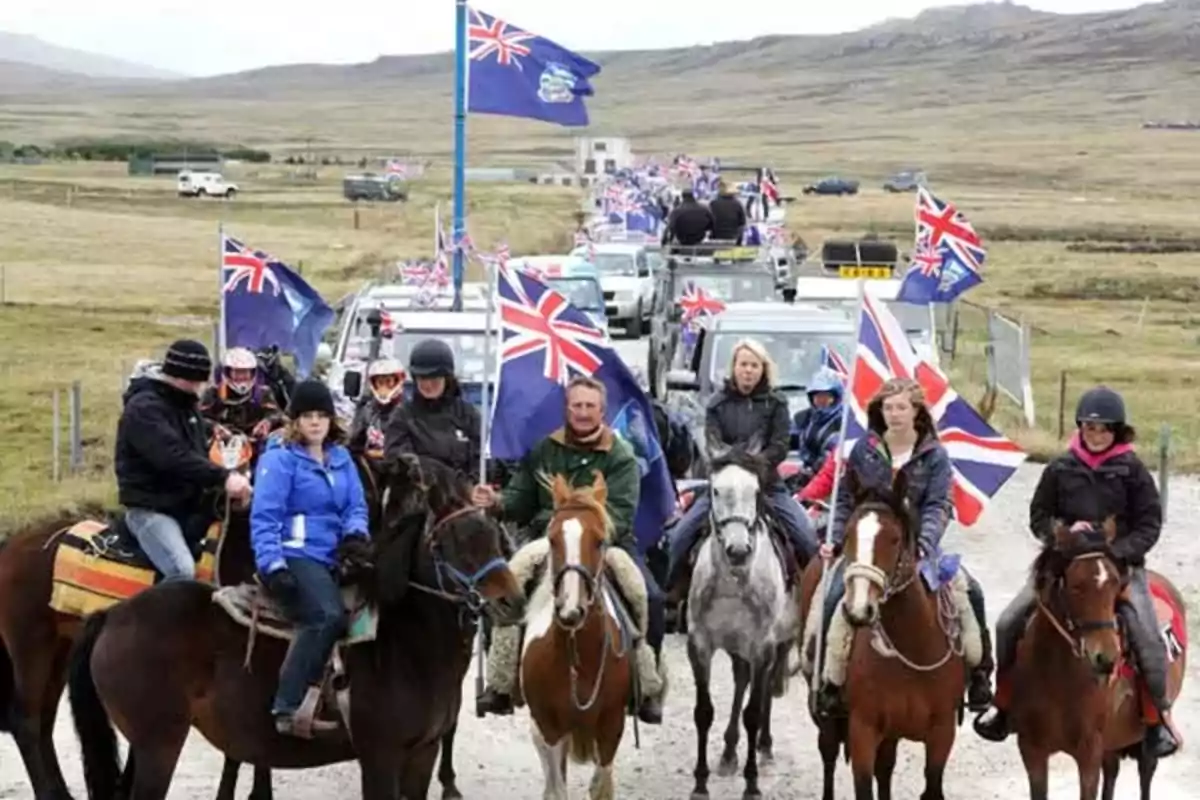
Meanwhile, the Republic of Argentina adheres to the principle of territorial integrity, which establishes that states have the right to defend and maintain sovereignty over the entirety of their territory.
At the same time, the close relationship between Equatorial Guinea and the United Kingdom is not new, since at the time of the creation of the African country, an agreement would have been signed to allow the crown to dump toxic waste in the waters of the island of Annobón.
Several journalists affiliated with the British embassy, such as Hugo Alconada Mon, and associations funded by the United Kingdom's crown, such as Human Rights Watch or Amnesty International, have provided great support to the Annobonese cause.
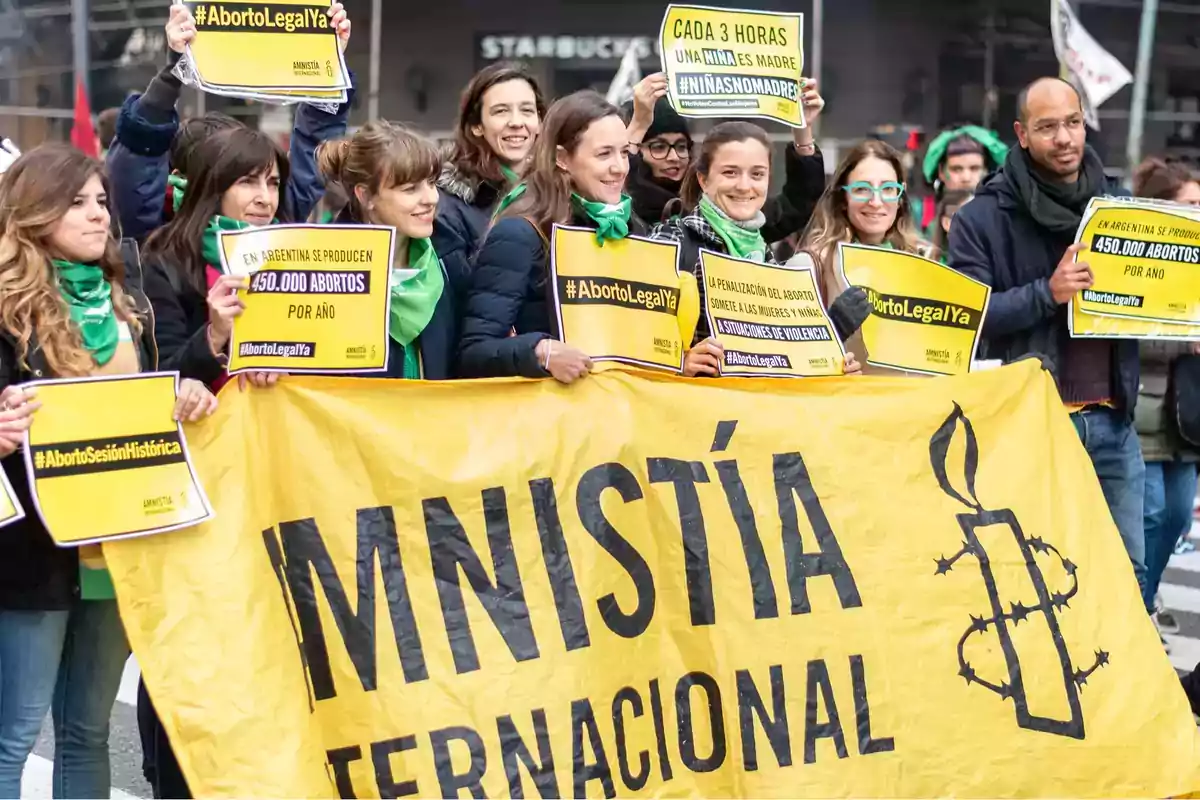
More posts: